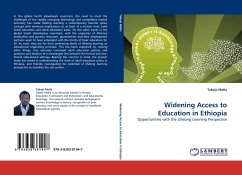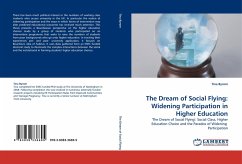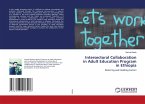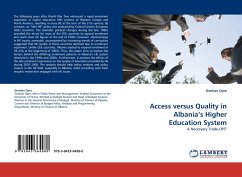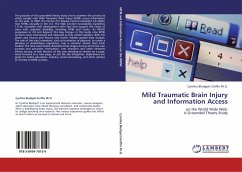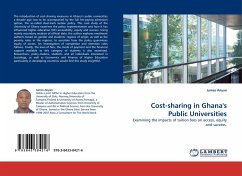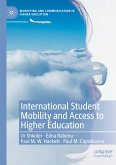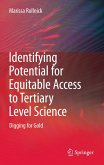In the global North (developed countries), the need to meet the challenges of the rapidly changing technology and competitive market economy has made lifelong learning a contemporary favorite policy concept with immense implications to, at least at a rhetoric level, both initial education and adult education areas. On the other hand, in the global South (developing countries), with the urgencies of illiteracy eradication and poverty reduction, governments and their development partners seem to have entangled with the motto of basic education for all. As such, they are far from embracing ideals of lifelong learning as educational organizing principle. This has been explained by, among other things, very narrowly conceived adult education policies and practices and absence of a meaningful link between the formal and non-formal educational settings. Bearing this concern in mind, the present study has aimed at understanding the state of adult education policy in Ethiopia, and therebyinvestigating the potential of lifelong learning perspective to revitalize the sub-system.
Bitte wählen Sie Ihr Anliegen aus.
Rechnungen
Retourenschein anfordern
Bestellstatus
Storno

